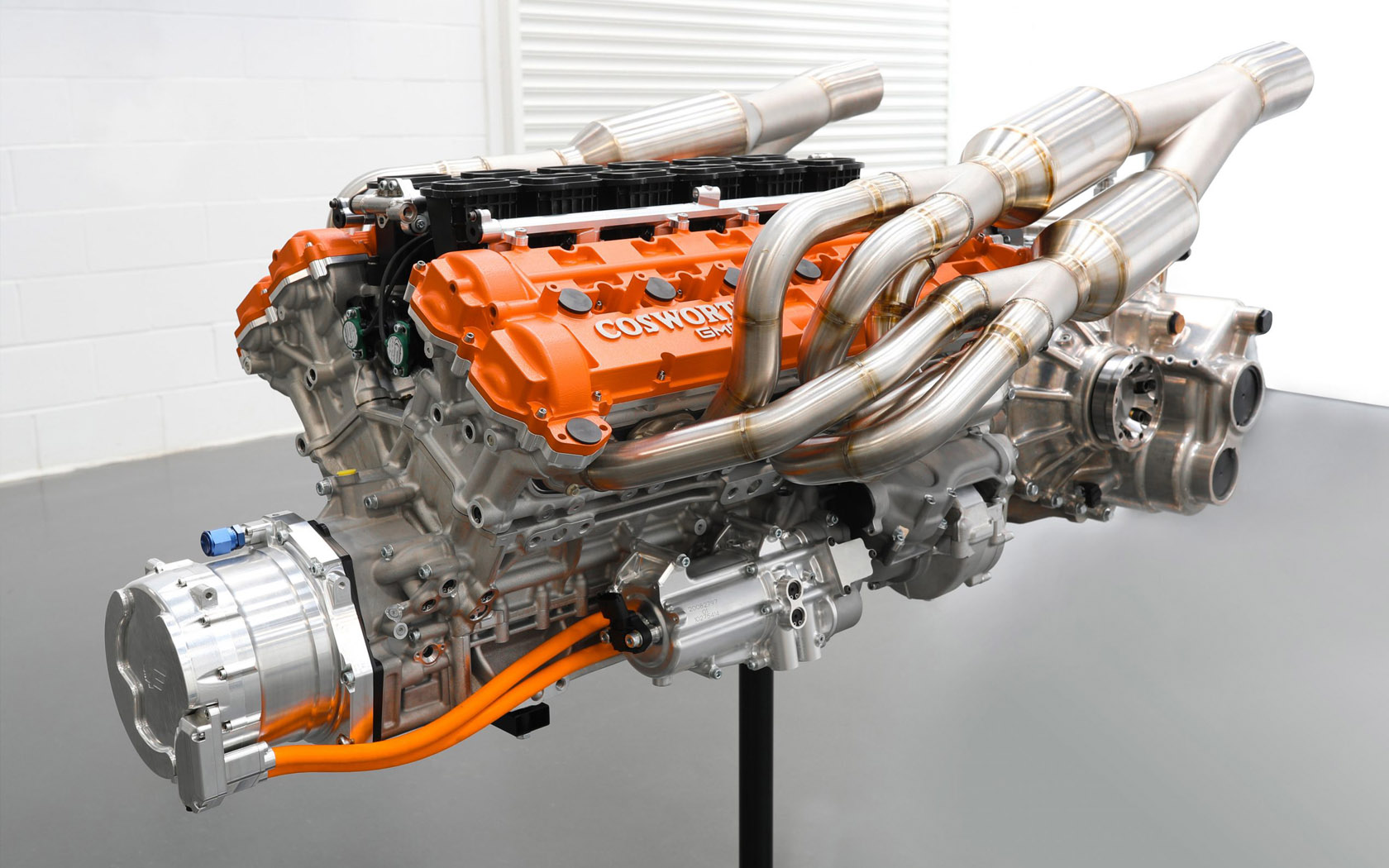Premier Suppliers: Engines For Africa Offers Dependable Power
Premier Suppliers: Engines For Africa Offers Dependable Power
Blog Article
Discover a Variety of Engines for every single Car and Objective
The automotive landscape is significantly complicated, with a varied range of engine types created to fulfill specific efficiency and efficiency requirements across numerous car classifications. In addition, sturdy engines serve the demands of job lorries, while green alternatives are acquiring traction in the pursuit of lasting transport.
Sorts Of Automotive Engines
Automotive engines can be classified into several distinct types, each designed to satisfy certain efficiency and effectiveness needs. One of the most usual groups consist of inner burning engines, electric engines, and crossbreed systems.

Electric engines, on the various other hand, run on electric power saved in batteries, supplying instant torque and zero emissions. These engines are coming to be progressively prominent due to advancements in battery innovation and the growing emphasis on sustainability.
Crossbreed systems combine both interior combustion and electrical engines, enabling automobiles to optimize gas efficiency and lower discharges by effortlessly switching in between power sources. Each engine kind presents its benefits and disadvantages, affecting factors such as car design, intended use, and market demand. Understanding these differences is critical for consumers and suppliers alike when selecting the suitable engine for their particular demands.
Efficiency Engines for Sports Cars
Efficiency engines for sporting activities vehicles are particularly crafted to supply improved power, speed, and dexterity, establishing them in addition to standard automotive engines. These engines commonly utilize innovative modern technologies such as turbocharging, supercharging, and variable shutoff timing to take full advantage of efficiency and responsiveness.
Normally, efficiency engines are designed with higher compression ratios, which allow for greater energy extraction from fuel. This causes remarkable horsepower and torque numbers, making it possible for quick velocity and greater top speeds. The light-weight products used in these engines, such as light weight aluminum and carbon fiber, contribute to reduced overall car weight, enhancing handling and maneuverability.
Engine setups like V6, V8, and even hybrid systems prevail in performance cars, each offering unique advantages in terms of power distribution and driving dynamics. The tuning of these engines is additionally vital; several makers optimize the engine monitoring systems to give a thrilling driving experience, commonly including sport modes that readjust throttle reaction and gear changes.
Efficient Engines for Daily Commuters
In the world of daily travelling, effective engines play an important function in maximizing fuel economy and minimizing emissions while offering reliable efficiency. As metropolitan populaces expand and environmental problems heighten, the need for lorries furnished with effective powertrains has actually risen.
Modern engines made for daily commuters commonly integrate innovations such as turbocharging, direct fuel injection, and hybrid systems. Turbocharging boosts engine performance forcibly more air right into the combustion chamber, permitting smaller, lighter engines that do not endanger power result. Direct fuel injection boosts gas atomization, leading to much better combustion and enhanced effectiveness.
Crossbreed engines, combining internal burning with electric power, additional boost fuel economic climate, especially in stop-and-go website traffic, where typical engines can struggle with ineffectiveness. Electric motors aid during velocity and can operate separately at reduced speeds, decreasing general fuel consumption.
In addition, innovations in engine monitoring systems and lightweight products add dramatically to efficient engine style. By focusing on efficiency, resilience, and environmental sustainability, manufacturers remain to provide engines that not only fulfill the needs of day-to-day travelling but additionally align with worldwide efforts to decrease carbon impacts.
Heavy-Duty Engines for Work Autos
Heavy-duty engines for work vehicles are consistently engineered to supply exceptional torque and dependability under requiring problems. These engines are designed to execute in atmospheres where standard engines might blog fail, such as building and construction sites, logging operations, and farming setups. The main focus of durable engines is their capability to generate high levels of power while maintaining toughness over expanded periods of operation.
Generally, durable engines use sophisticated materials and durable building and construction techniques to endure the roughness of heavy work. Features such as reinforced cylinder blocks, enhanced air conditioning systems, and progressed fuel injection technologies add to their efficiency. These engines usually run at lower RPMs, which helps to enhance gas efficiency while offering the needed power for towing and hauling.
In enhancement to mechanical effectiveness, heavy-duty engines are usually furnished with advanced digital control devices (ECUs) that handle efficiency, discharges, and diagnostics. This integration enables much better tracking next and maintenance, making certain that job lorries stay effective and functional.
Inevitably, heavy-duty engines are an important part in the performance of various markets, offering the necessary power and dependability to deal with the most difficult of tasks.
Eco-Friendly Engine Options
The growing emphasis on sustainability has actually brought about the development of green engine alternatives that focus on lowered exhausts and boosted fuel effectiveness. These engines are created to reduce the environmental influence of automobiles while still providing the performance and integrity anticipated by customers.
Among one of the most remarkable eco-friendly alternatives are electric and hybrid engines. Crossbreed engines incorporate standard internal burning engines with electrical propulsion, enabling minimized fuel intake and reduced greenhouse gas exhausts. Electric engines, on the various other hand, run entirely on battery power, producing absolutely no tailpipe discharges and contributing to page cleaner air top quality.
An additional encouraging development is the innovation of biofuel engines, which utilize sustainable sources, such as plant products, to power lorries (Engines For Africa). By utilizing biofuels, these engines can minimize reliance on fossil gas and reduced total carbon impacts

As the automotive industry develops, green engine options will certainly play an important role in driving the transition in the direction of even more sustainable transportation services.
Final Thought
From high-performance engines that enhance sports vehicle capacities to efficient designs focusing on fuel economic situation for everyday travelers, each kind serves a particular feature. Heavy-duty engines cater to robust job cars, while environment-friendly choices, such as electric and biofuel engines, promote lasting transportation.

Report this page